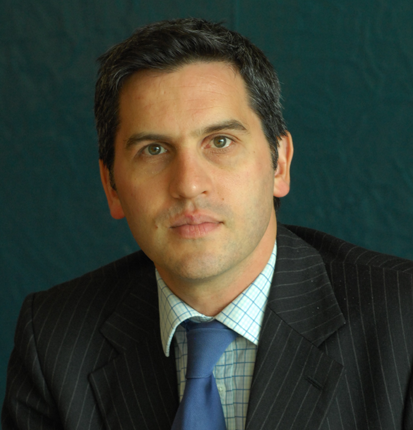THE GOVERNMENT AND THE CLOUD: THE PERFECT COMBINATION FOR SMES
Published by Gbaf News
Posted on October 3, 2014
4 min readLast updated: January 22, 2026

Published by Gbaf News
Posted on October 3, 2014
4 min readLast updated: January 22, 2026

John Davis, Managing Director of BCSG, casts his eye over the effect technology is having and will continue to have on smaller businesses and the role that the government can play.
The Coalition for a Digital Economy (Coadec) last month published their Start-up Manifesto supported by over 150 of London’s top technology leaders, with a proposition urging the UK government to relax rules and taxes in order to allow tech startups and entrepreneurs in the capital to continue to flourish and grow.
Their call on politicians and policy-makers to recognise the impact that digital technology is having on the country and its services could mean make or break for the UK’s tech sector. In short, the government will play a key role in securing the UK’s digital economy.

John Davis
London has fast become the tech capital of Europe, revealing the brightest and most innovative minds, and it would be a great discredit if roadblocks created for the larger companies put pay to this. Tech startups and SMEs represent a significant part of the UK business landscape, and the government has a responsibility and ability of doing as much as possible in supporting them.
As Managing Director of BCSG, a fast-growth cloud services brokerage helping small businesses, I naturally have a keen interest in the political wellbeing and outlooks for UK based SMEs. The 2015 election will have a considerable impact on both our business and the hundreds of thousands of small businesses that we deal with.
It is crucial that we assess how cloud technology is leveling the playing field between SMEs and large corporates and how the media and government can help with removing red tape and simplifying tax-efficient schemes.
Technical innovation, such as the cloud, has had a dramatic impact on small business owners and employees. As any small business owners knows, you often start out very a limited number of people doing everything from selling and answering phones to filing and managing HR. BCSG’s experience in most areas was limited and finding support and expertise a constant up-hill battle.
Today, there is likely to be at least one app that helps with each of these challenges. The tech sector is constantly building cloud applications that help with all sorts of small business needs – taking a look at GetApp reveals over 5,800 app listed.
By hosting these apps in the cloud, there is no significant upfront cost, just a monthly or annual fee. Users can login to the cloud from any location, on any device, with no need to ever be tied down to their desk. The cloud is making enterprises nimble, focused and competitive, so much so that it can be hard to tell a small company from a large one.
The question to ask however is whether apps alone are enough? It is no big surprise that small business owners are time poor, and our research has found that on average they spend 15.5 hours each week on admin tasks alone. This seems a rather startling statistic, particularly when compares to what this time could achieve if spent growing the business.
Small business owners need solid, practical advice but where can they get it? Business Link was closed in 2011, business banks are cutting back on their relationship managers and Accountants and financial advisers can go only so far. There is a wealth on online advice and opinions, but can this ever truly be trusted? It can prove hard to get the kind of ongoing, wide-ranging guidance that SMEs need.
Corporates such as banks and telecoms are starting to move into this new space, providing access to high-quality cloud services that complement their core offering to SMEs. Advice, and curated tools to action that advice, are still in seriously short supply, but it is early days and the future certainly seems bright. With the range of quality apps and the right support and guidance from trusted advisers, SMEs have a real opportunity to compete, not just with big businesses in the UK, but on an international stage too.
John Davis is MD at BCSG, a cloud service provider for financial institutions and telecoms companies. He was previously MD at Barclays Business and head of business development at BSkyB before joining BCSG in 2011, and has since increased the company’s turnover by 500%.BCSG work with brands such as ANZ Bank, EE and Santander and have offices in London, Delaware and Sydney.
Explore more articles in the Technology category











